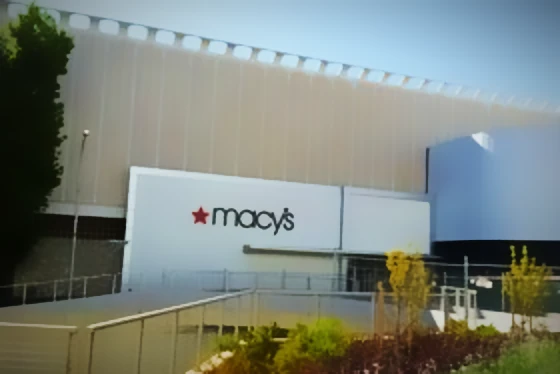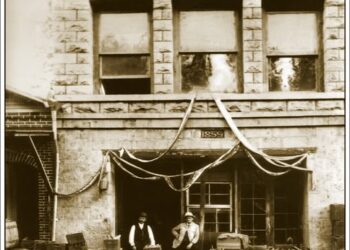By Cris Alarcon, InEDC Writer. (July 24, 2025)
SACRAMENTO, Calif. — In a bold and symbolic step into urban development, the Shingle Springs Band of Miwok Indians has acquired two significant blocks in downtown Sacramento, solidifying its role as a key player in the capital city’s future.
The tribe spent $17 million in early 2024 to purchase the vacant parcel at 301 Capitol Mall from the California Public Employees Retirement System (CalPERS). Just last week, they doubled down with a $15 million purchase of the adjacent, historic Macy’s department store building on L Street. Combined, the deals total $32 million in investment across two prime parcels in a corridor long dominated by government agencies and corporate interests.
Chairwoman Regina Cuellar, in an interview with The Sacramento Bee, said the tribe is in the exploratory phase of envisioning the sites’ future.
“We’re open to all of it,”
Cuellar said.
“We’ve talked about housing, retail, a hotel, a museum, family entertainment… We’re open to anything.”
While Cuellar acknowledged a casino is technically on the table, she noted the considerable legal and bureaucratic barriers. Only lands held in trust by the tribes as of 1988 are automatically eligible for gaming, and a downtown casino would require approval from city, state, and federal governments.
“It’s not impossible,” she said, “but it’s complex.”
The tribe’s expansion into the city marks a new chapter for Sacramento, one where development leadership includes voices with ancestral roots in the region. Since opening the Red Hawk Resort and Casino in 2008 near Placerville, the tribe has steadily built economic momentum. Now, their focus on downtown reflects a broader trend of Indigenous tribes asserting a long-overdue stake in urban land use, development, and cultural visibility.
Historians and urban planners alike see this as a shift with deep implications.
“It’s powerful to see land once occupied by Macy’s—opened in 1963 as a cornerstone of downtown commerce—transferred into the hands of this region’s original stewards,”
said urban historian Dr. Lena Navarro of UC Davis.
“The symbolism and potential here are immense.”
No timeline has been shared yet for development, but the land is now under tribal ownership, and Sacramento’s future is bound to reflect their vision.










